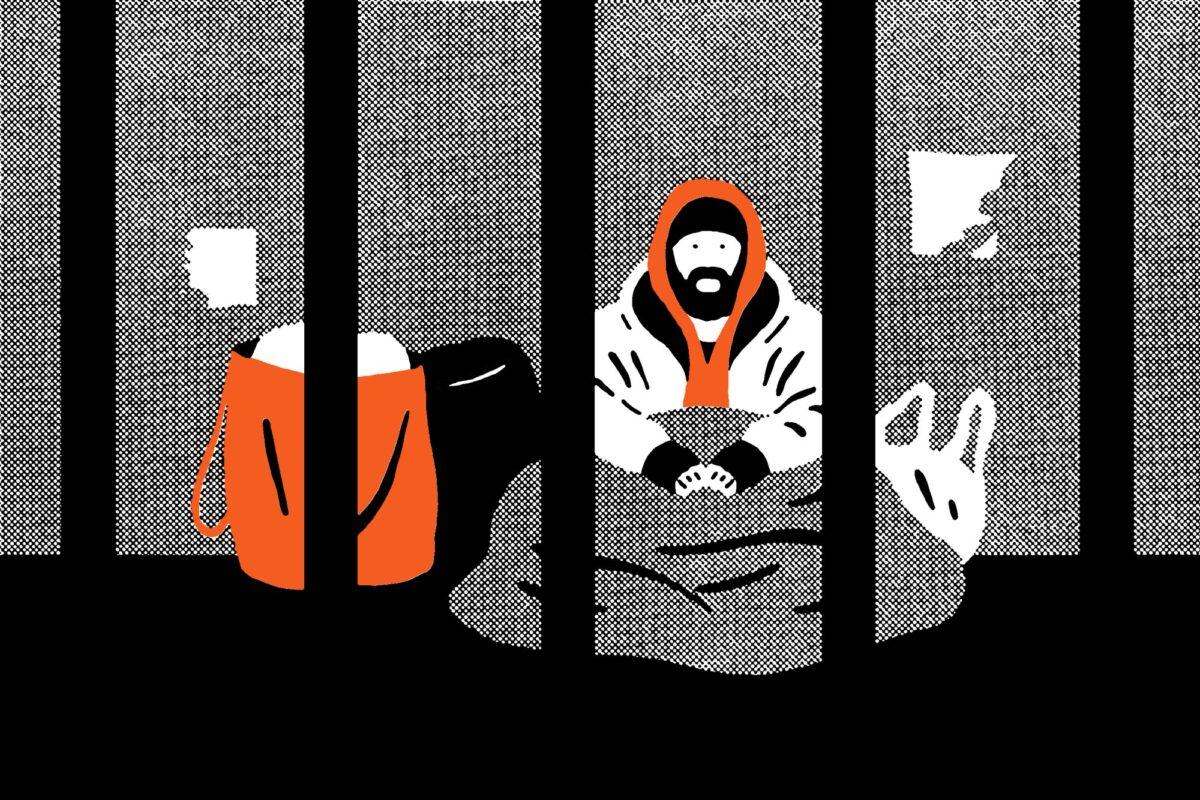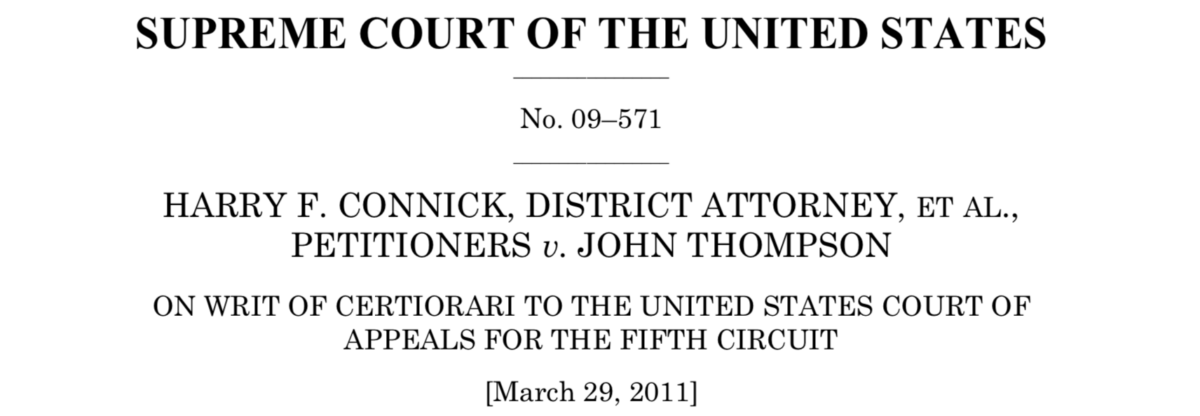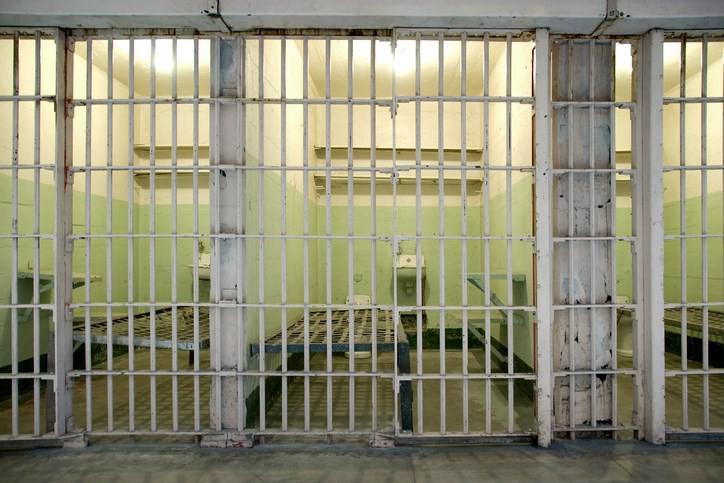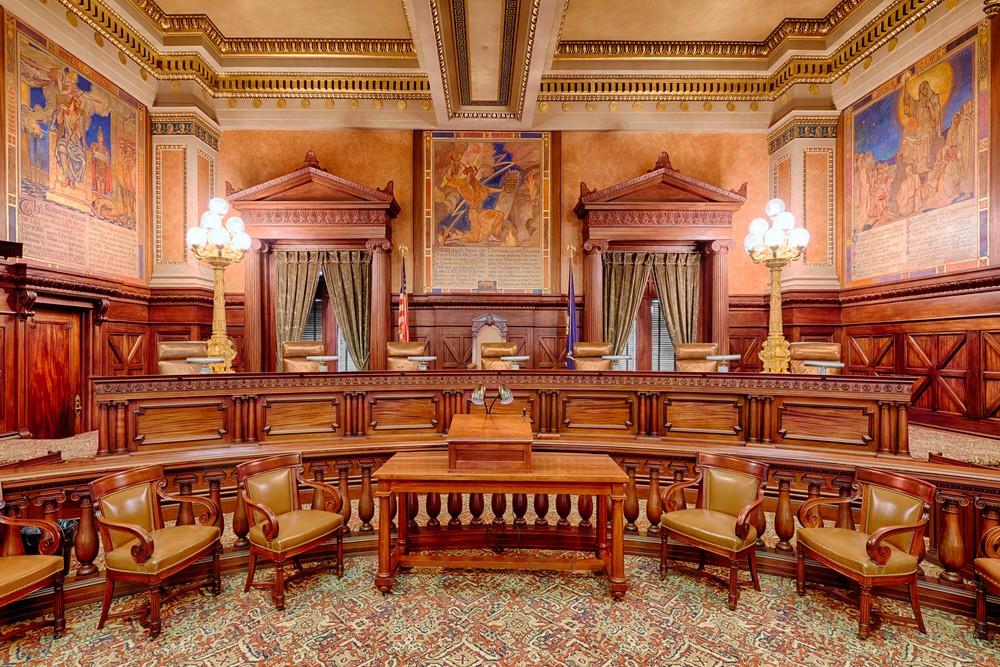
The Criminalization of Homelessness: Explained
Most evenings, Aguirre Dick rides his bike about three miles from the streets of Waikiki in Honolulu to the slopes of a volcano, where he sleeps. If he doesn’t make that trek, he could be arrested. A 2014 law made it illegal to sit or lie down on the public sidewalks in Waikiki. As a result of this law, those without homes, like Aguirre, live in constant fear of being pushed into the criminal justice system simply because they are too poor to own or rent lodging. Liz Barney / The Guardian

The Criminalization of Homelessness: Explained
In our Explainer series, Justice Collaborative lawyers and other legal experts help unpack some of the most complicated issues in the criminal justice system. We break down the problems behind the headlines—like bail, civil asset forfeiture, or the Brady doctrine—so that everyone can understand them. Wherever possible, we try to utilize the stories of those affected by […]

Not in Vain: Our Failure to Curb Misconduct Undermines John Thompson’s Legacy
For criminal justice reformers, a surprisingly positive year was stained by the loss of a legend. Early in October, John Thompson, a prominent advocate for holding prosecutors accountable for misconduct, passed away at the age of 55. Mr. Thompson spent 14 years on Louisiana’s death row for a murder he did not commit. Prosecutors had intentionally hid blood evidence that would […]

Ohio is set to become the Texas of the North. Here’s why it shouldn’t.
Time is running out for Ronald Phillips, who is scheduled to be executed in Ohio later today. If it proceeds, the execution would be Ohio’s first in over three years. Ohio, like the rest of the country, has experienced a drastic decline in executions over the past decade. But, in a rapid change of course, the Buckeye State has […]

Court holds that retroactive extension of sex offender registration is punitive
Last week, the Pennsylvania Supreme Court held that some applications of the state’s sex offender registration law violate the state constitution. The decision represents an important step toward increasing constitutional scrutiny of sweeping laws that make it nearly impossible for convicted sex offenders to reintegrate into society after serving time in prison.
